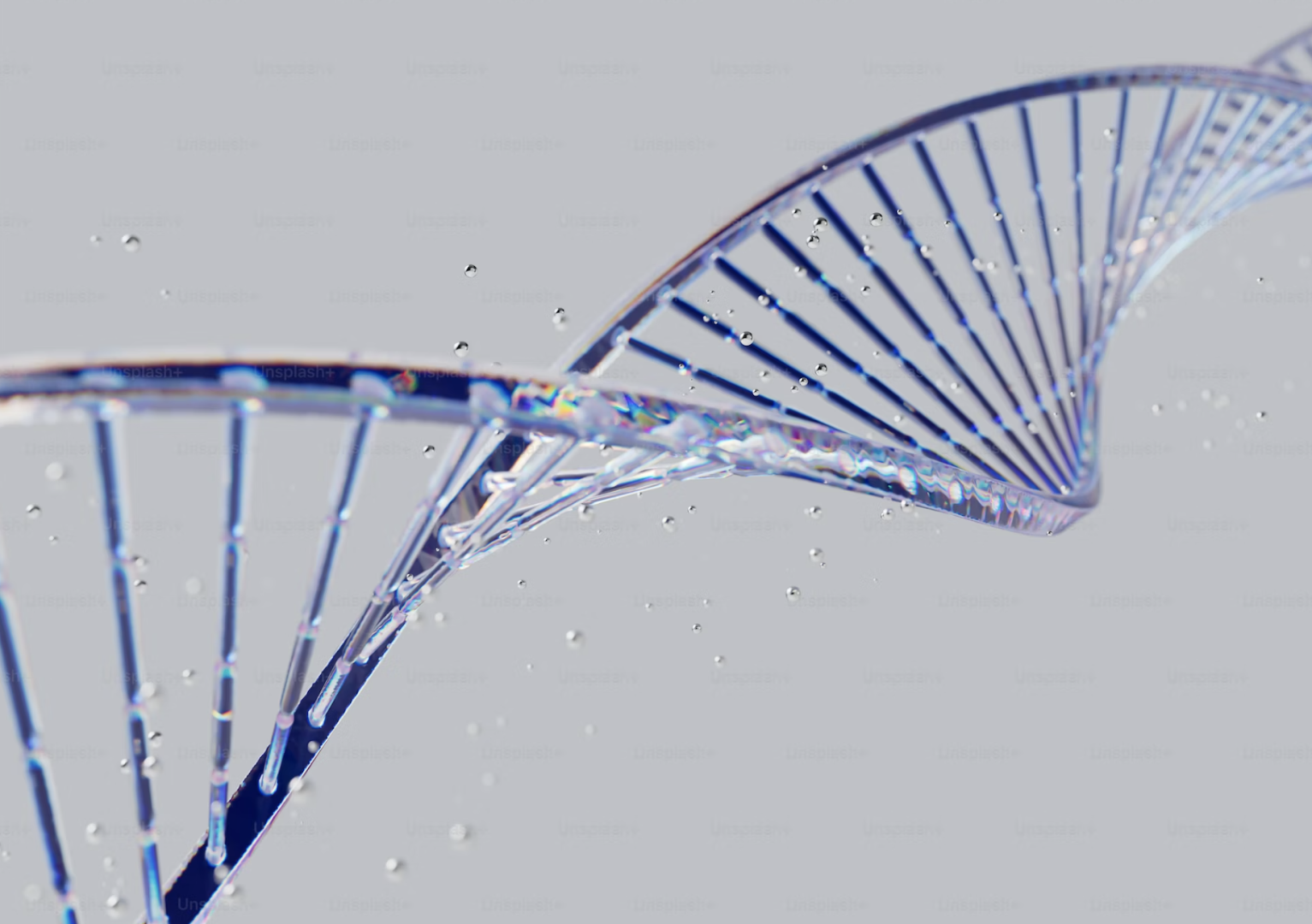Unveiling the Wonders of Science: Igniting Curiosity and Driving Progress
Unveiling the Wonders of Science: Igniting Curiosity and Driving Progress

Science, with its insatiable curiosity and unwavering pursuit of knowledge, has been a driving force behind human progress.
This article celebrates the marvels of science, exploring its vast realms, groundbreaking discoveries, and the transformative impact it has on our lives and the world around us.
What Are The Greatest Scientific Discoveries Of All Time?

Throughout history, numerous groundbreaking scientific discoveries have transformed our understanding of the world. Here are some of the greatest scientific discoveries of all time:
Theory of Gravity: Sir Isaac Newton's discovery of the universal law of gravitation revolutionized our understanding of how objects interact with each other and explained the motions of celestial bodies.
Theory of Evolution: Charles Darwin's theory of evolution by natural selection provided a comprehensive explanation for the diversity of life on Earth, fundamentally changing our understanding of how species evolve over time.
Theory of Relativity: Albert Einstein's theory of relativity, encompassing both the special and general theories, transformed our understanding of space, time, and gravity, challenging traditional concepts and paving the way for modern physics.
Quantum Mechanics: The field of quantum mechanics, with contributions from Max Planck, Albert Einstein, Niels Bohr, and others, revealed the bizarre and counterintuitive behavior of particles at the subatomic level, revolutionizing our understanding of the fundamental nature of matter and energy.
Penicillin: The discovery of penicillin by Alexander Fleming revolutionized medicine by introducing the first antibiotic, saving countless lives and serving as the foundation for the development of many other life-saving drugs.
DNA Structure: The discovery of the double helix structure of DNA by James Watson and Francis Crick unveiled the blueprint of life, unraveling the molecular basis of heredity and enabling significant advancements in genetics and biotechnology.
Theory of Plate Tectonics: The theory of plate tectonics, developed by Alfred Wegener and further expanded by others, explained the movement of Earth's lithospheric plates, providing a comprehensive understanding of continental drift, earthquakes, and volcanic activity.
Quantum Electrodynamics: Richard Feynman, Julian Schwinger, and Sin-Itiro Tomonaga's work in quantum electrodynamics revolutionized the field of particle physics, leading to the development of quantum field theory and our understanding of fundamental forces and particles.
Big Bang Theory: The discovery of cosmic microwave background radiation and the formulation of the Big Bang theory established the concept of the universe's origin from a highly compact state, providing a framework for understanding the evolution and expansion of the universe.
Higgs Boson: The discovery of the Higgs boson at the Large Hadron Collider confirmed the existence of the Higgs field, shedding light on the mechanism of mass and providing crucial evidence for the Standard Model of particle physics.
These scientific discoveries have not only transformed our understanding of the natural world but have also had profound impacts on various aspects of human life, from technology and medicine to our perspective of the universe and our place within it.
The Pursuit of Knowledge

At its core, science is a relentless pursuit of understanding the natural world through observation, experimentation, and analysis. It encompasses various disciplines, including physics, chemistry, biology, astronomy, and many more, each contributing to a mosaic of knowledge that unravels the mysteries of our existence.
Exploring the Natural World
Through scientific inquiry, we explore the wonders of the natural world, from the microscopic realms of atoms and molecules to the vastness of the cosmos. Scientists venture into uncharted territories, seeking answers to profound questions about the origins of the universe, the intricacies of life, and the mechanisms governing our planet's ecosystems.
The Importance of Scientific Advancements
Science has propelled monumental advancements in technology, reshaping our lives in unimaginable ways. From the development of the internet to breakthroughs in medicine, transportation, communication, and energy, scientific innovations have revolutionized every aspect of our daily existence, enhancing our quality of life and expanding the horizons of human potential.
Improving Health and Medicine with Science
The medical field owes a great debt to scientific research. Advances in genetics, pharmaceuticals, and medical technology have led to groundbreaking discoveries, innovative treatments, and improved patient care. From vaccines that have eradicated deadly diseases to life-saving surgical procedures, science has played a pivotal role in improving global health outcomes.
Understanding and Preserving the Environment with the Help of Science
Science provides invaluable insights into the state of our environment and guides efforts to preserve it. Climate science, ecological studies, and environmental monitoring enable us to comprehend the impacts of human activities and develop sustainable solutions to mitigate climate change, protect biodiversity, and ensure the conservation of our natural resources.
Exploring Space and the Universe via Science
Astronomy and space exploration captivate our collective imagination, pushing the boundaries of human knowledge. Scientific endeavors have enabled us to marvel at distant galaxies, unravel the mysteries of black holes, and send robotic explorers to other planets. Such endeavors not only expand our understanding of the cosmos but also offer insights into our own existence and the potential for life beyond Earth.
Promoting Critical Thinking and Innovation with Science
Science fosters critical thinking and a spirit of inquiry, encouraging us to question, challenge assumptions, and seek evidence-based explanations. It nurtures creativity and innovation, empowering scientists and researchers to devise novel solutions to societal challenges, develop new technologies, and improve our collective well-being.
The Importance of Science in Fostering Communication & Innovation
Effective science communication is vital in bridging the gap between scientific knowledge, innovation and the wider public. It promotes understanding, dispels misconceptions, and cultivates scientific literacy. By engaging in clear and accessible communication, scientists can inspire the next generation of researchers, nurture scientific curiosity, and foster evidence-based decision-making in society.
Science Can Unlock the Secrets of the Universe

The impact of science on society, technology, health, and the environment is profound and far-reaching. As we continue to unlock the secrets of the universe, it is essential to foster a culture that values and embraces scientific exploration. By nurturing scientific curiosity, investing in research, and promoting science literacy, we ensure that the wonders of science will continue to illuminate our path, driving progress and shaping a brighter future for all of humanity.
Trending
1 Are Dental Implants Safe? Understanding the Risks and Long-Term Effects
Daniel Hall2 Understanding the Role of a Cancer Misdiagnosis Lawyer in Miami
Daniel Hall3 Feel Confident in Your Smile with Snap-On Veneers
Daniel Hall4 The Difference Between Data Science and AI Courses: What You Need to Know
Daniel Hall5 Wegovy Benefits: A New Era in Weight Management and Heart Health
Daniel Hall

